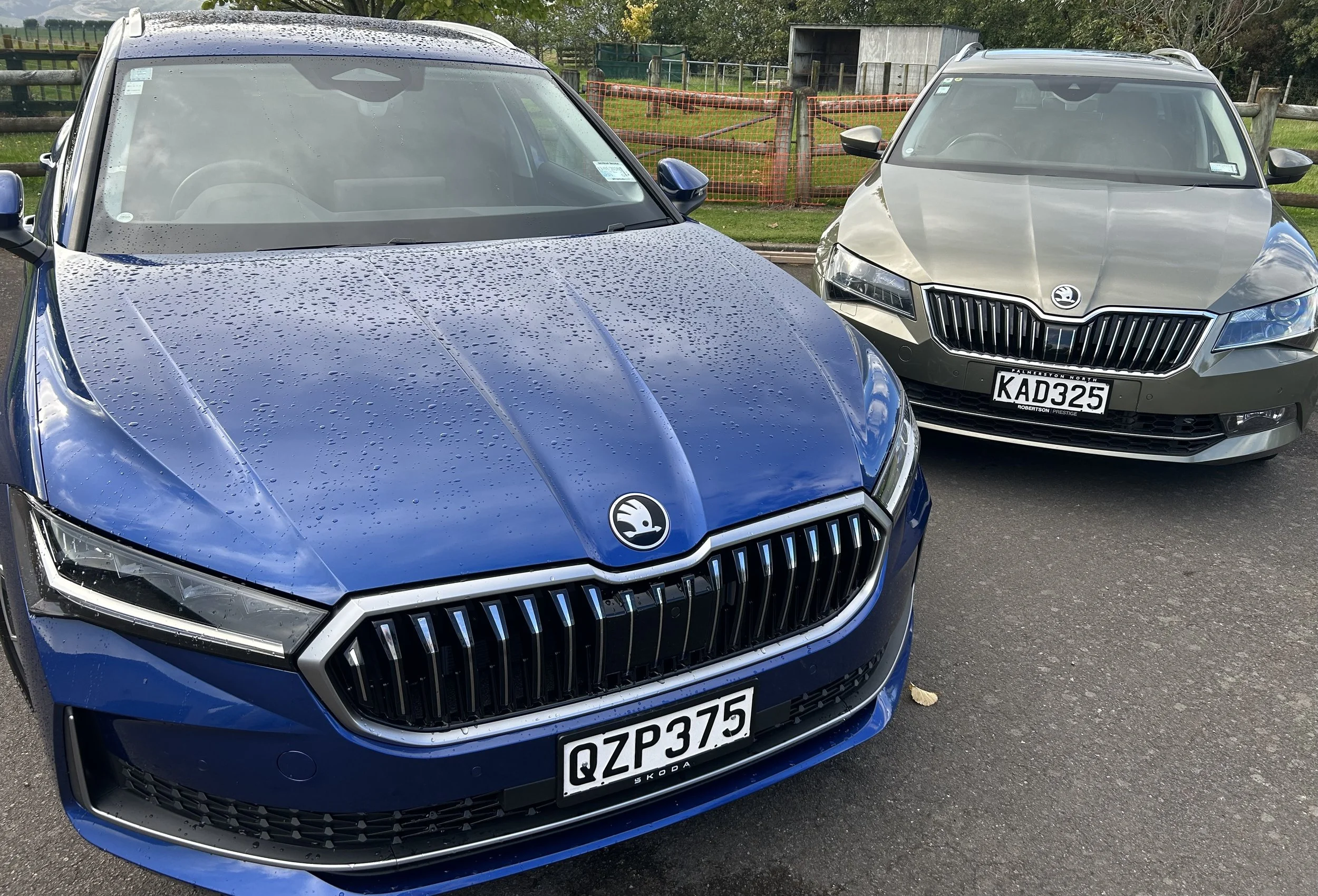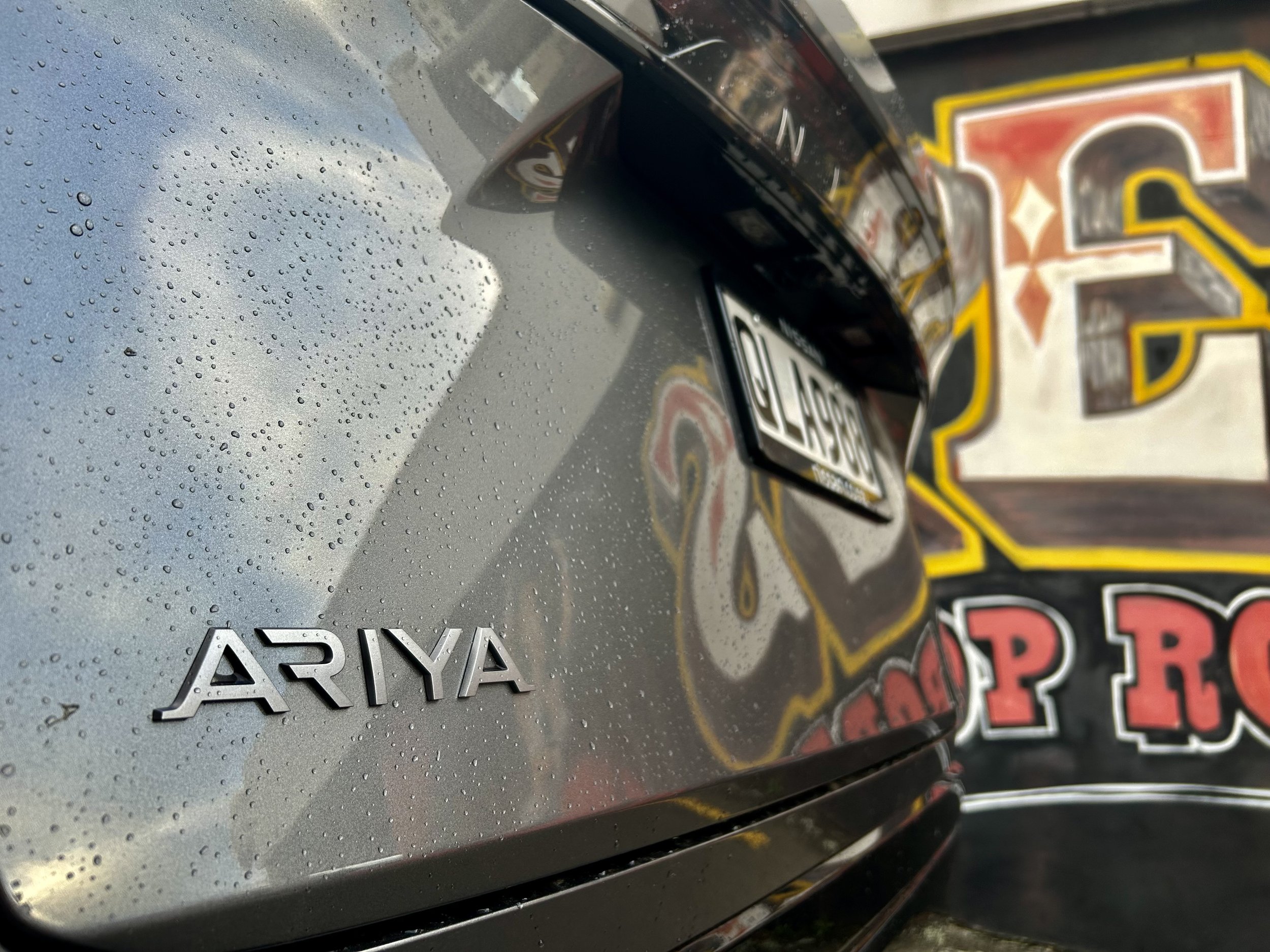Suzuki NZ sidelined on power games
/Suzuki New Zealand would like to start selling electric-assisted editions of its current production cars – perhaps because used importers already are.
HEAD office determination to develop battery-compelled cars to meet conditions in every market it sells to is hindering Suzuki’s New Zealand from entering the emergent electric vehicle scene.
Also keeping the small car specialist from playing in a sector that is becoming increasingly of interest to Kiwis is a cautious approach toward the new technology, a local high-up signalled today.
Speaking at the launch of the performance-themed Sport version of the Swift, a now-turbocharged variant expected to be the best-selling edition of New Zealand’s most popular privately-bought car, Suzuki New Zealand boss Tom Peck indicated the brand is unlikely to deliver a wholly electric vehicle in the near future.
In fact, the parent is still unwilling to allow New Zealanders factory-supported access to even product that represents a first step into EV-dom; cars already in production using the lightest possible format of electric assist – a mild hybrid system.
The Whanganui-domiciled distributor is keen to sell product implementing the Smart Hybrid Vehicle by Suzuki system, but it is at a loss as to when it might be available.
SHVS incorporates a 'starter generator' and a relatively small 0.37kWh (kilowatt hour) battery pack. The generator's built-in motor can be called on to assist the engine during hard acceleration, as well as allowing the car's stop-start system to bring the engine back to life more smoothly, thanks to a belt-drive system.
SHVS avails on the Ignis, Swift and Baleno but is not available for export; something of an irony for Suzuki NZ because it’s here anyway, on used import product introduced by independent traders.
Buyers of those cars are being advised that they are on their own – at the moment, the distributor cannot offer any level of technical support. Not because it doesn’t want to – it simply hasn’t the know-how.
“We don’t know how many of them (cars) are here but we know that they are,” Peck says.
That’s just life, he agrees. “We cannot stop the cars being here, the Government has an open-door policy, you can bring in what you like.”
However, the company is powerless to act if owners strike problems with the electrical components.
“We’ve actually seen the model and had technical questions from owners … we can’t support the hybrid technology side. We don’t have the information to do that.”
When SHVS will be green-lighted for export is anyone’s guess; Suzuki New Zealand has been pushing but has been told that introduction timing will have to tie in with Australia. That’s a historic arrangement for all Suzuki product here. One positive note is that despite Australia being less receptive to EVs than this country, Suzuki there is interested in SHVS.
Meantime, Peck concedes his operation is being increasing asked about Suzuki’s progress in the EV space. His explanation to interested customers is that it is in the pipeline but not soon.
“It is fair to say that Suzuki is still taking a conservative approach to production of various EV products.
“This is not to say we are not developing technologies with a number of partners, however the main markets for Suzuki are India and some other emerging markets like Pakistan and Africa and exactly which technology is going to suit their main markets is not clear yet.
Will it be mild hybrid, full hybrid, PHEV, fuel cell or battery EV? He has no answer. And where do autonomous vehicles fit? Again, an imponderable.
What also flavours Suzuki’s cautious approach is that even though it’s total output last year was 3.2 million cars - roughly around 13000 cars per working day – it is a very small company, so cannot afford to head down the wrong track.
“Each different technology costs many millions or even billions to bring to production not just in vehicle technology but also in component manufacturing plants and technology specific assembly plants as well,” he explained.
Another dilemma yet to be resolved by Suzuki is where to build what in this brave new ohm land; what complicates things is that there is no common global impetus in respect to EV infrastructure.
“For instance, while NZ is perfectly positioned for electric vehicles you may struggle to find a charging station on the African plains or countries where you have to travel hundreds of kilometres in remote areas currently carrying extra fuel on board, or countries who rely on coal or dirty fuels to produce electricity.
“It is also unclear what the political effects will be with regard to the main oil-producing countries who rely on oil as a main export and what moves they will make to keep their income.”
All the same, he has no doubt that disruption of the industry is inevitable and that this will cause a host of changes, from materials and component supply to end users “as even without EVs or autonomous vehicles there is a global social shift from buying vehicles to buying transport.”
Some manufacturers seem to be indicating the internal combustion engine (ICE) might be history within two to three decades, but Peck is not so sure.
He cites alternate research that suggests the world carpark of 2050 will still have at least 50 percent of vehicles with some type of combustion engine “and new C02 neutral synthetic fuels under development may offer even further extended life to ICE vehicles.”
He says Suzuki has not been idle; in addition to the hybrid cars it has providing London police with Suzuki fuel cell motorcycles for evaluation purposes.
The brand is also presently building a joint venture EV battery manufacturing plant in India with Toshiba and Denso -Suzuki will own a 50 percent share, Toshiba 40 percent and Denso 10 percent.
“The plan is to be production ready by 2020 to supply batteries for EV products for several manufacturers.”
Another recent agreement in respect to plug-in EV tech will see Suzuki work with Toyota as one partner on a reciprocal component supply agreement starting with some production in India where it is planned that Suzuki will build and supply some EV products to Toyota from around 2020.
















